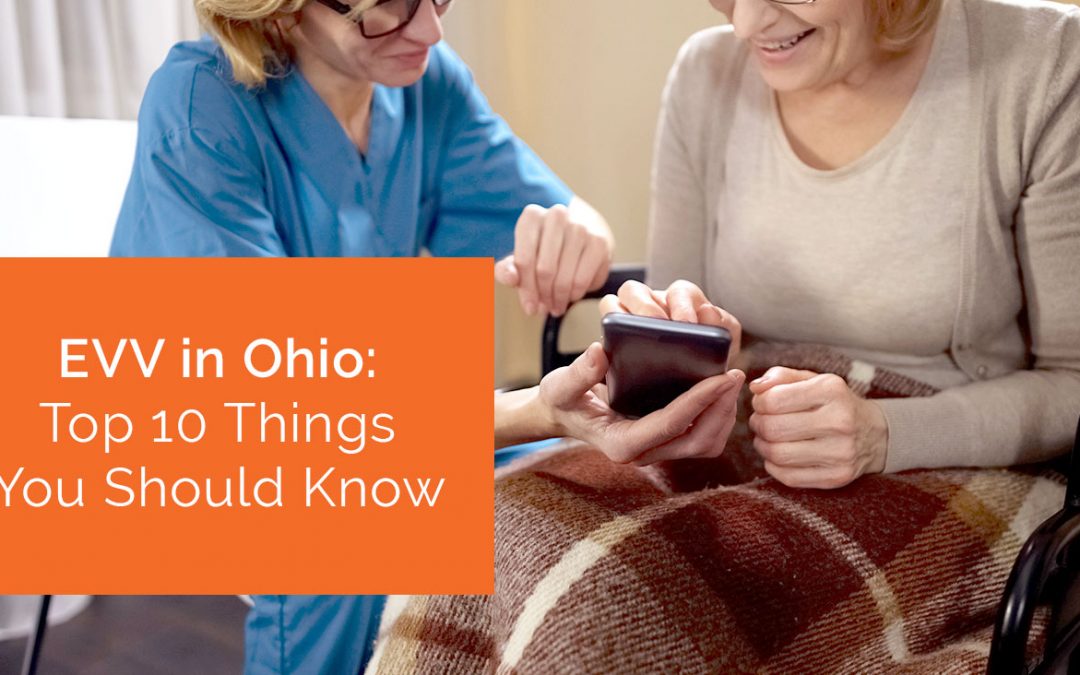There is no doubt that home health care is invaluable to the physical health of those who receive services. Study after study has revealed that home health services reduce hospital readmissions, help improve the management of chronic diseases, and improve patient engagement, among other benefits.
But one benefit of home health that’s often overlooked is the effect that it can have on seniors’ mental health. Clinical depression is common among the elderly; in fact, the suicide rate for men between the ages of 80 and 84 is actually twice the national average.
Yet despite the prevalence of depression among older adults, only a small percentage (about 10 percent) actually receive treatment for their symptoms. Often this is due to the natural effects of aging masking depression symptoms — and the fact that many family caregivers aren’t always aware that their loved ones are struggling with their mental health.
Because home health care providers are on the front lines of caring for this vulnerable population, they are often the first to identify the signs of an issue and recommend that the patient and/or his or her family take action. But even beyond the ability to spot mental health issues before they become serious, home health care providers help fill an important role in a patient’s life, providing companionship and care during a time when many people begin to feel isolated and lonely.
Preventing Loneliness Saves Lives
In 2012, a study in the Archives of Internal Medicine revealed that people who reported feeling lonely were at a significantly higher risk of death than those who don’t — and that 43 percent of people over age 60 report feeling lonely.
Loneliness in senior citizens is attributable to a number of factors. The loss of spouses, friends, and other loved ones can shrink a social circle. Limited mobility, cognitive decline, and other health issues can lead many people to remain isolated at home. Simply put, many older adults, especially those who are disabled or ill, don’t have the same social lives they once had. And when you add in the potential for depression due to other factors, including illness, medications, and physical changes, the consequences can be devastating.
Therefore, maintaining connections and personal relationships is very important for seniors. Home health care providers can actually serve as a lifeline for their clients, giving them the social interaction that they need in addition to caring for their physical needs. As a home health agency, it’s important that you train your employees to build relationships with clients, and get to know them as people in addition to meeting their physical needs.
Some of the more specific ways that your team can help improve your clients’ mental health include:
- Engage in conversation. What are clients interested in? Discussing books, TV, or movies, or even just encouraging them to reminisce can help provide a necessary connection.
- Share a meal. It’s not always practical, but encourage your staff to share a meal with their patients when possible. Not only does research show that home care patients eat better when they have company, but it gives you a chance to connect through conversation.
- Play a game. Playing a board game, cards, or doing puzzles together provides mental stimulation and helps older adults remain sharp, and also adds something enjoyable to the day.
- Read. For patients with visual issues, reading to or with them can help stimulate brain activity. Reading together also gives you something to talk about.
- Exercise. Whenever possible, encourage physical activity. Even just a short walk outside for some fresh air can provide a change in perspective and help improve health.
Obviously, every client is different, but taking the time to engage the whole person and do more than just address health issues can help keep the loneliness at bay and allow your staff to better identify possible red flags.
Mental Health Training
Home health providers should be well versed in the signs of potential mental illness in seniors, in particular depression and anxiety, as well as the warning signs of suicide. Because sometimes the symptoms of an underlying medical condition can mimic the signs of mental illness, it’s important to be alert to changes in behavior, and add detailed notes to patient files in the home health software. Communicate concerns to family members and providers early and often. Doing so could save a life.
As a home health agency, you are on the front line of ensuring that your clients are as healthy as possible and that they receive the best care possible. This means caring for the whole patient, and paying attention to mental health as well as physical. Know the risks, take the time to get to know your clients, and build strong relationships, and you can help lessen the loneliness and isolation that affects so many seniors.
To learn more about software that can help your agency better manage all aspects of patient care, click here.




